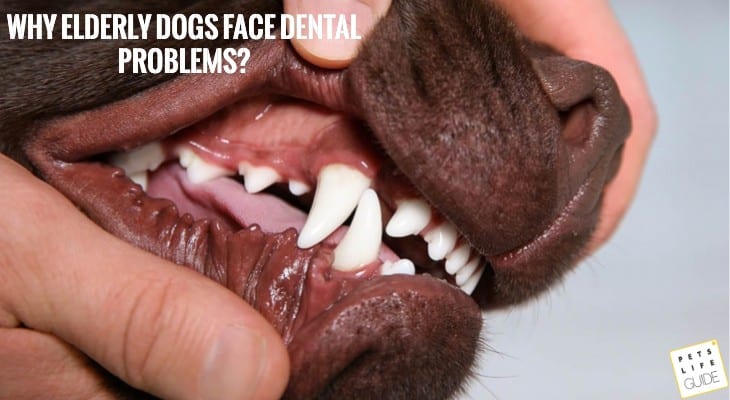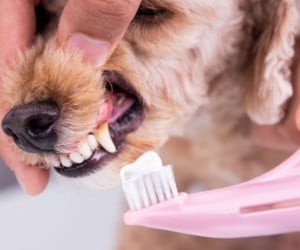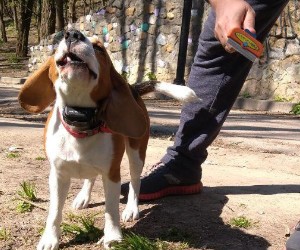Elderly dogs often face dental problems as they age. These issues can cause discomfort and affect their overall health. Let’s look at some common dental problems in senior dogs and how to address them.
1.Plaque
Plaque and tartar build-up tops the list of dental issues for older dogs. Almost all dogs, especially seniors, deal with this problem. You might notice your dog has bad breath, bleeding gums, discolored teeth, or trouble eating. Poor dental care, not brushing teeth often enough, and skipping yearly vet cleanings can lead to this issue.
Vets can spot plaque and tartar during a check-up and might take x-rays to look for tooth damage. The main treatment is a dental cleaning, which can cost between $300 and $700. Vets might also suggest using special toothpaste.
To prevent plaque and tartar, it’s best to brush your dog’s teeth daily. Yearly vet cleanings are also important. Some breeds like Pugs and French Bulldogs might need cleanings every six months because of their tooth structure.
2.Gingivitis
Gingivitis is another common problem, showing up as inflamed gums. It’s the first sign of periodontal disease, which affects 80% of dogs over two years old. You might see red, receding, or bleeding gums, along with plaque, bad breath, and eating difficulties.
Poor dental care, diet, and some breeds are more likely to get gingivitis. Vets diagnose it through an oral exam and might use a special tool when the dog is under anesthesia. Treatment can include antibiotics and dental cleaning, costing $1,000 to $2,000. The good news is gingivitis can be reversed at this stage.
3.Periodontitis
Periodontitis is a more serious gum disease that weakens the gums and can cause tooth loss. It’s most common in older dogs. Signs include bleeding gums, drooling, loose teeth, bad breath, and blood in the water bowl or on toys.
Like gingivitis, periodontitis is often caused by lack of dental care, poor diet, and can be more common in certain breeds. Vets diagnose it through oral exams, special tools, and x-rays to check for bone damage.
“Regular dental care is key to preventing these issues,” says Dr. Sarah Johnson, a veterinary dentist. “Daily brushing and yearly check-ups can make a big difference in your dog’s dental health as they age.”
Remember, dental problems can be painful for your dog and lead to other health issues. If you notice any signs of dental problems, it’s important to see your vet right away. With proper care and attention, you can help keep your senior dog’s teeth healthy and comfortable.





Leave a Reply